When Kids Words Hurt
“She’s viciously swearing, venomously shouting horrible things” I explain to my Listening Partner. I am relating the story of my morning; a repetitive recurring interaction between me and my 6 year old daughter. I
“She’s viciously swearing, venomously shouting horrible things” I explain to my Listening Partner. I am relating the story of my morning; a repetitive recurring interaction between me and my 6 year old daughter. I
Join Certified Hand in Hand Instructors Rachel Schofield and Roma Norriss as they show you how we can help kids take responsibility for their actions and give heartfelt apologies, that have an impact on others, while
By Rachel Schofield “…Say sorry!” The little girl looks down at her shiny black shoes and pouts. Silence. “Go on!” presses her Mum. She manages to squeeze out a sulky, “Sorry.” The whole scene is
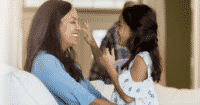
Aggression is common in toddlers, but that doesn’t mean it’s inevitable. The Hand in Hand parenting philosophy is based on the fact that all children are naturally, good, loving and co-operative. Sometimes hurt feelings overwhelm their limbic system

Spoiled Outing Syndrome. That is the technical term at Hand in Hand Parenting for this kind of phenomenon where you are having a lovely time and your kid loses it for no apparent reason.
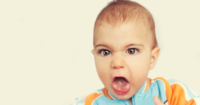
Of course we parents worry that if we show warmth and even humour when a child is acting aggressively, he won’t learn to govern his behaviour. This concern is rooted in the idea that the child who lashes out is choosing to do so. In fact, the child who hits out feels trapped an emotional corner, and is in what Patty Wipfler calls an “emotional emergency.”
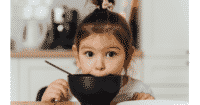
When it comes to picky eating it can be hard to find a solution that is fun, connected and playful. On the one extreme we can simply let our child survive off yoghurt and spaghetti
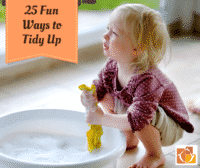
By Kate Orson, Hand in Hand Parent We all want to live in a tidy house but it’s not easy with kids around. We have a lot of responsibilities in our busy lives, and it’s
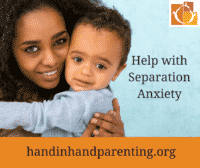
I let her know that I would be leaving soon, and then she frantically reached her arms out — a gesture for me to hold her. I took her in my arms, and said, softly, “Honey, I am going to have to go.”
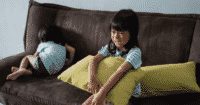
It’s not helpful for children, or for us, to be taught that others are bad. It disempowers us. If others are “bad,” then they have a condition we can’t help them with. We have to defend ourselves against a force that we can’t see or influence. This view is far more empowering: it is hurt people who hurt people.